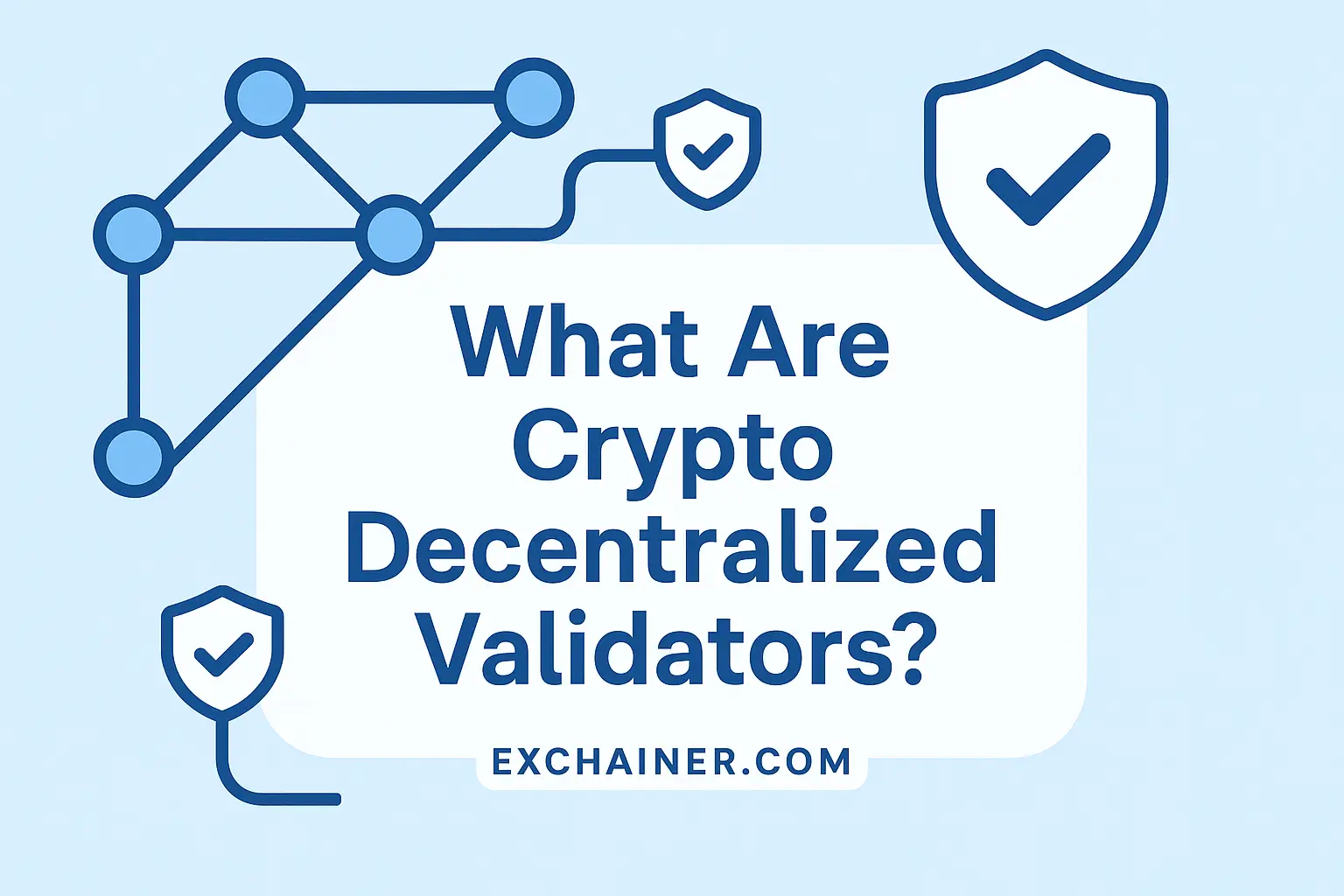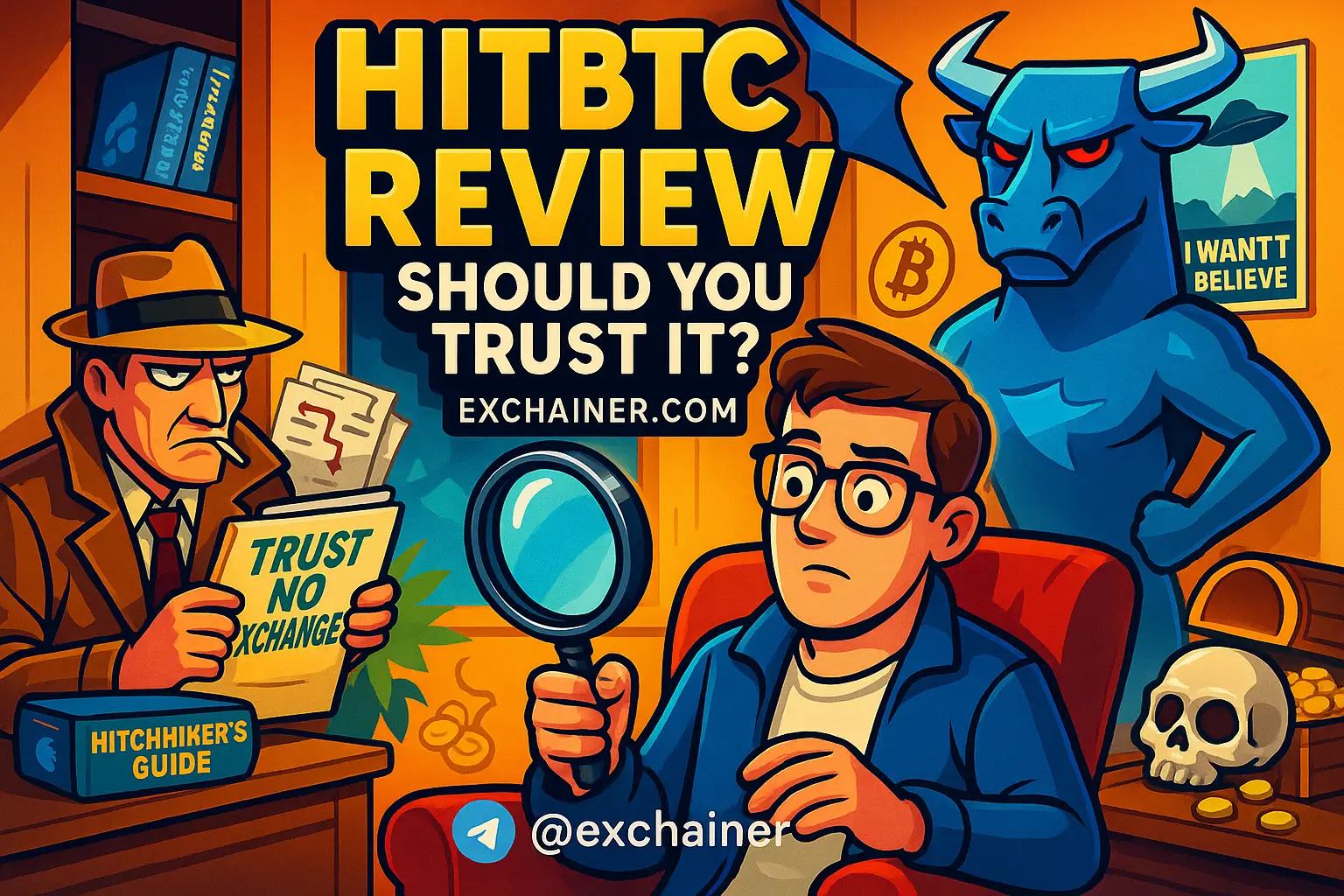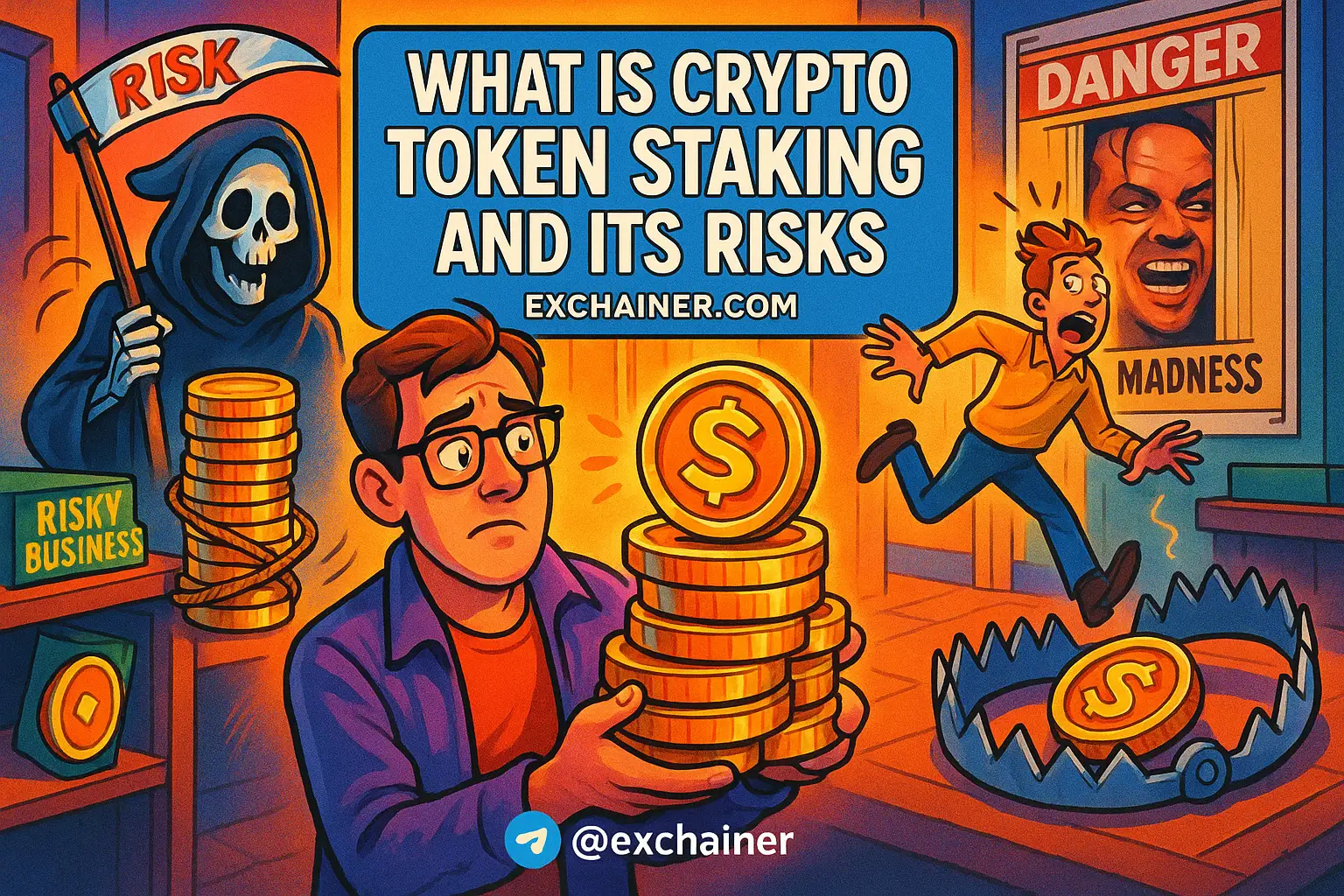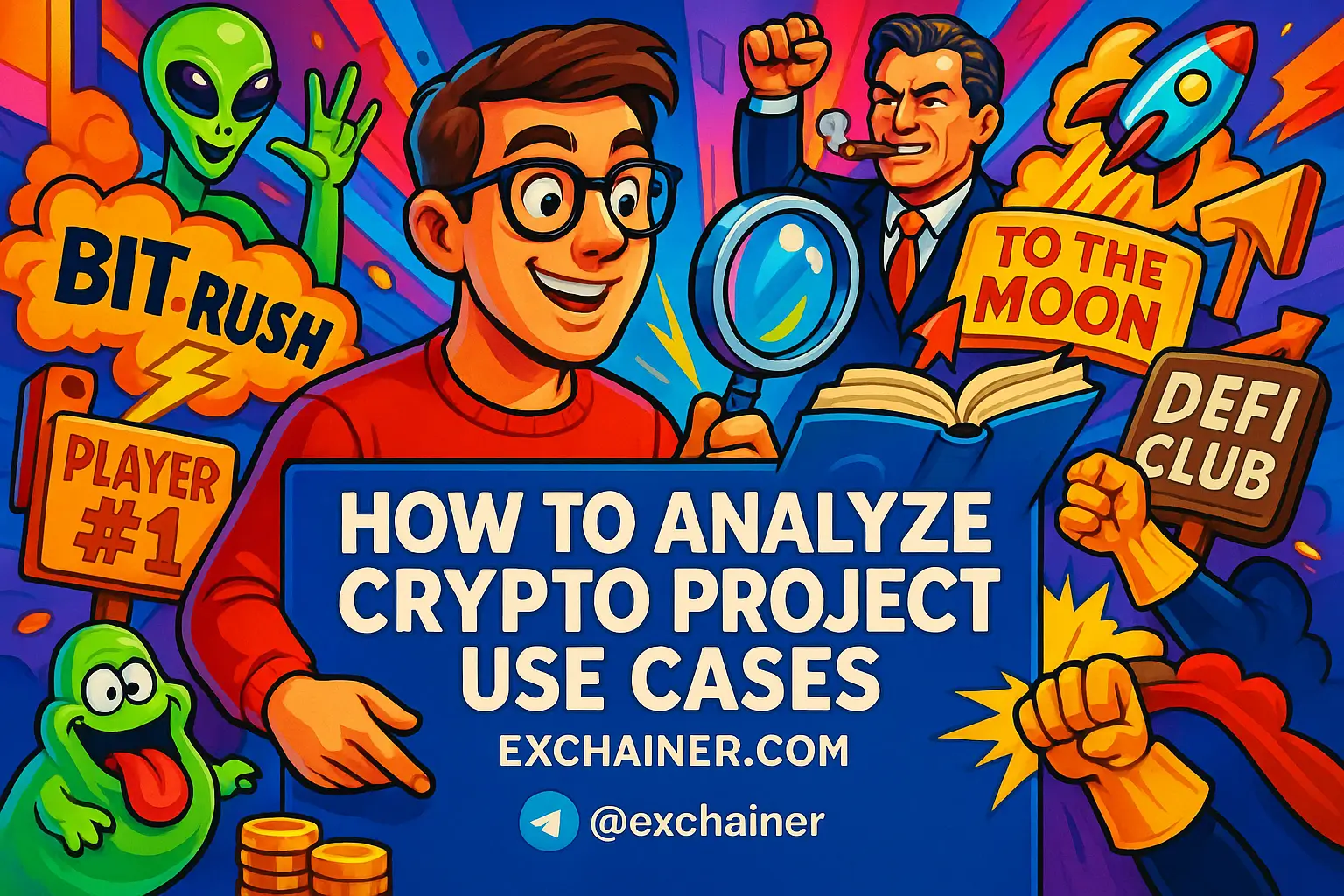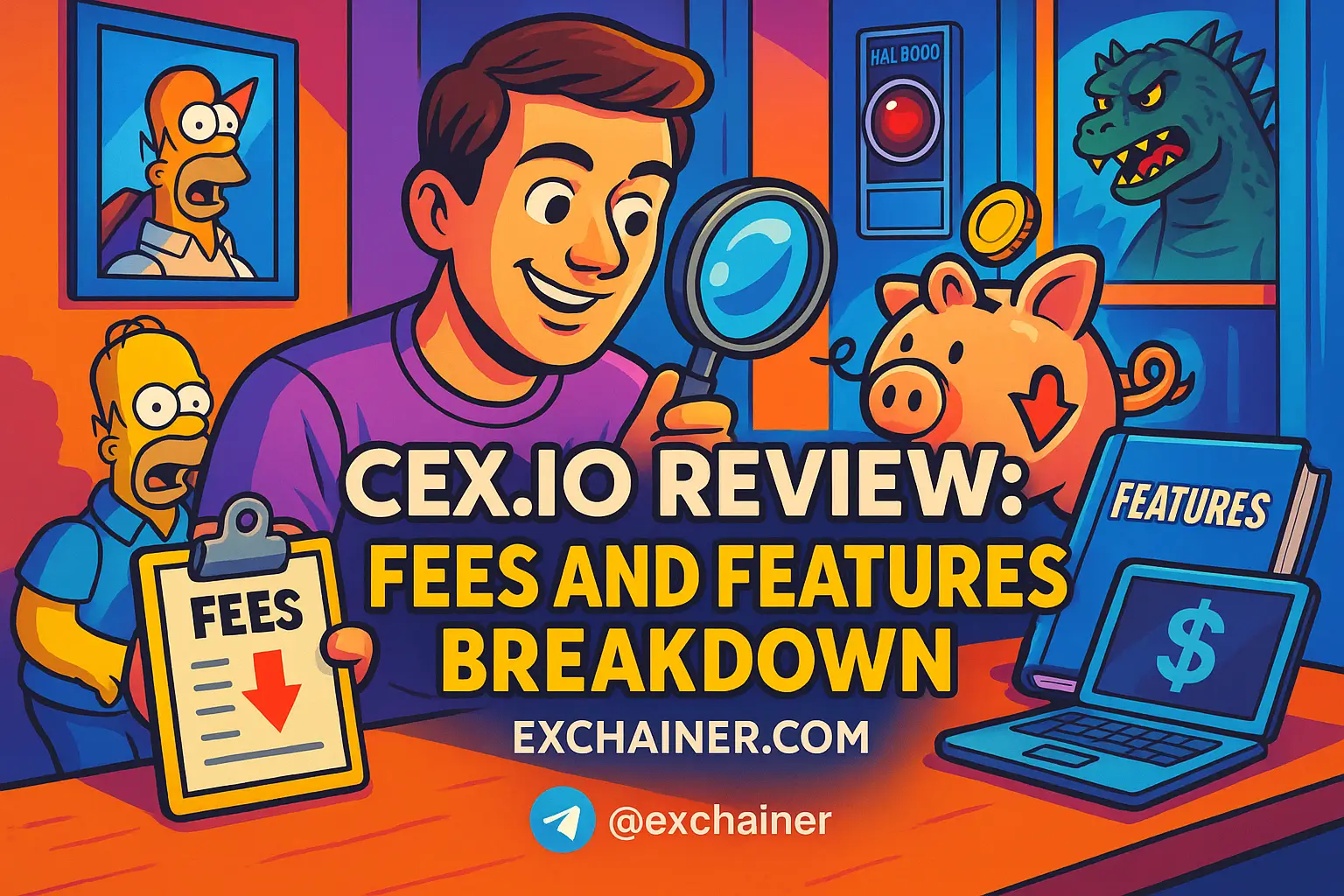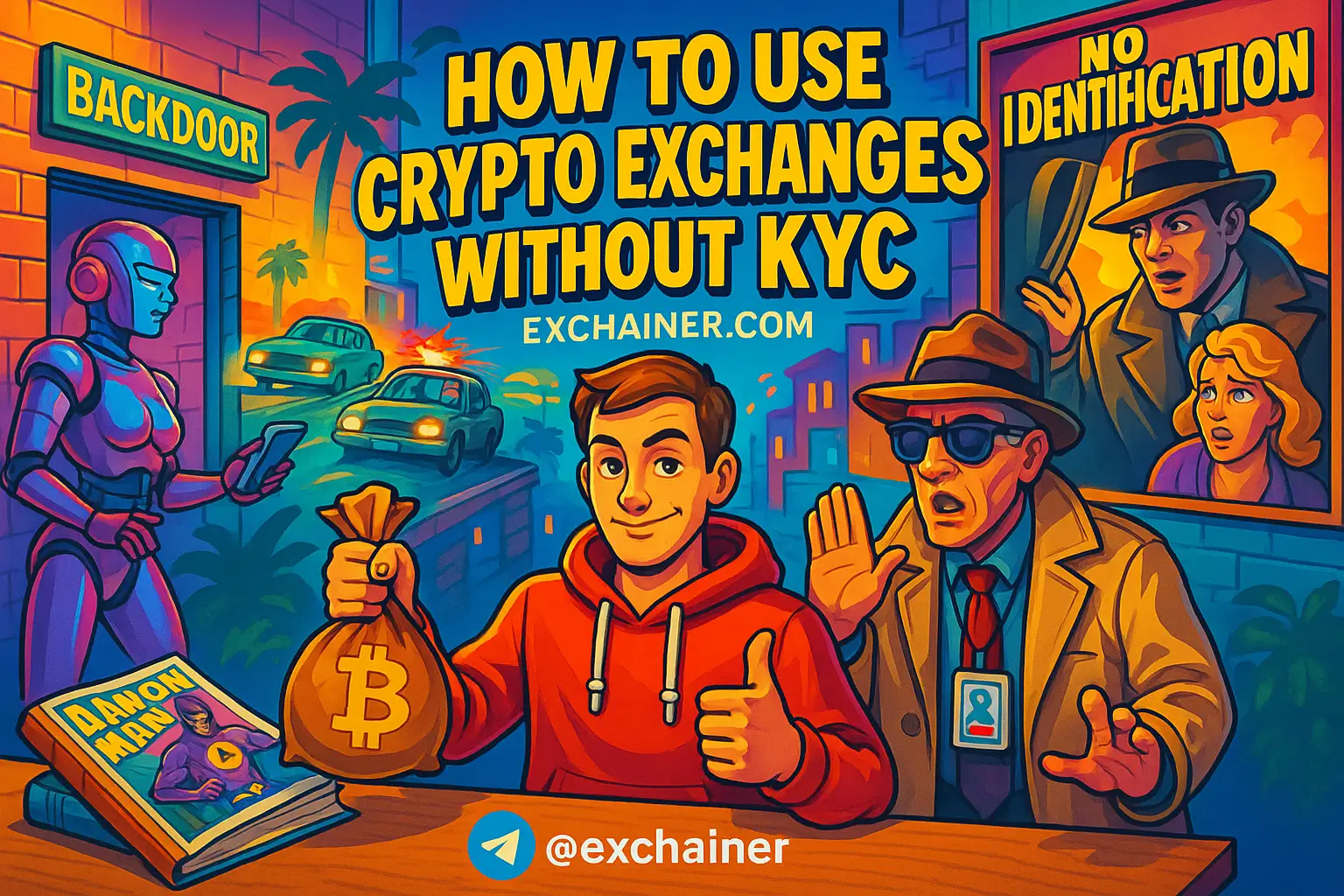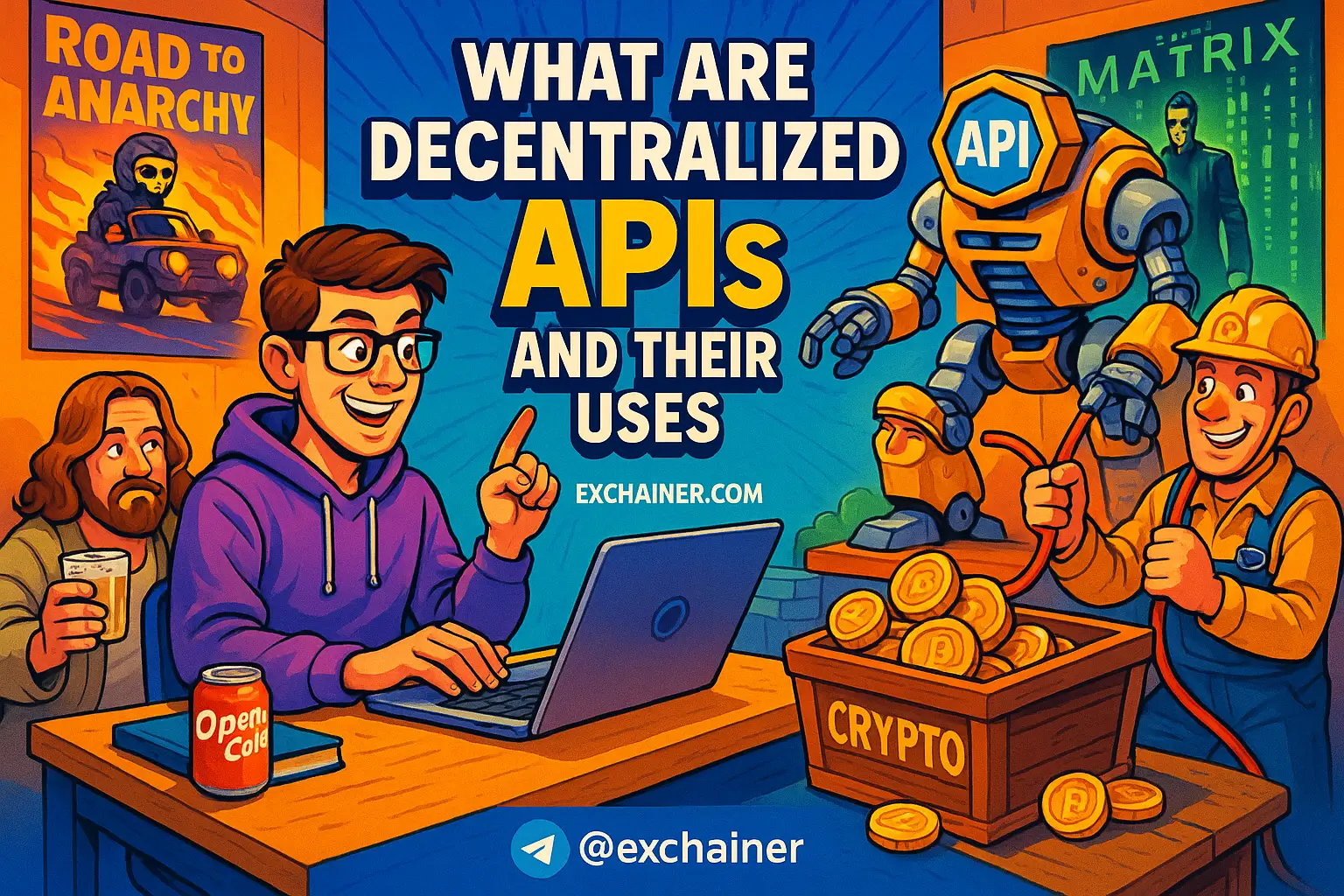Introduction
Imagine a world where financial systems and digital transactions operate without relying on banks, governments, or any central authority. Sounds futuristic, right? Well, that’s exactly the promise behind blockchain technology and cryptocurrencies. To maintain this trustless system, where anyone can verify transactions and no single entity holds all the power, we need specialized actors on the network called crypto decentralized validators. These are the digital guardians, ensuring the blockchain remains secure, accurate, and censorship-resistant.
Crypto decentralized validators are nodes participating in a blockchain network that verify transactions, propose new blocks, and help secure the entire system without centralized control. Their role is vital because they uphold the integrity of blockchains, making sure the data you trust to be immutable really is.
Why should you, as a crypto enthusiast or trader, care about crypto decentralized validators? First, they are the backbone of network security, making it extremely difficult for malicious actors to manipulate or corrupt the blockchain. Second, they contribute to the censorship resistance that many value as a core principle of cryptocurrencies. Third, by staking tokens and running or delegating to validators, users can earn staking rewards—an enticing way to generate passive income. Finally, understanding validators helps you make smarter decisions in your crypto journey, whether it’s choosing where to stake coins, how to participate in network governance, or simply grasping how your favorite blockchain works under the hood.
In this article, we will dive deep into what validator nodes do, how staking and reward mechanisms work, the significance of decentralization in maintaining robust networks, and practical tips on running your own validator or choosing one to delegate your tokens. By the end, friends, you will be equipped to navigate this crucial layer of the crypto ecosystem with confidence and clarity.
What Is a Validator Node?
Validator node explained, it’s the essential participant in many modern blockchains that employ consensus mechanisms like Proof of Stake (PoS). Unlike miners from Proof of Work chains, validators don’t compete by burning electricity but by putting their tokens “at stake” to vouch for the blocks’ legitimacy.
Role in Consensus
Validators play a pivotal role in blockchain consensus. Their job includes proposing new blocks, validating proposed blocks from others, and signing off on the finalized blockchain state. Think of it as a well-organized team where validators double-check each other’s work to avoid fraudulent or invalid transactions making it into the ledger.
When a new block is created, validator nodes run numerous verifications: are all the transactions in the block valid? Is the block signed correctly? Once consensus is reached — the majority of validators agree — the block is added to the blockchain, and validators move on to the next.
Types of Validator Models
There are several consensus models each with distinct validator roles:
-
Proof of Stake (PoS): Validators lock up a certain amount of tokens as collateral to propose and confirm blocks. The chance to propose a block is proportional to the stake size.
-
Delegated Proof of Stake (DPoS): Token holders elect a smaller group of validators to act on behalf of the community, increasing efficiency but requiring trust delegation.
-
Proof of Authority (PoA): Validators are pre-approved entities trusted for their identity rather than tokens at stake — often used in private or consortium blockchains.
Each model influences validator responsibilities — for example, PoS focuses on random selection and staking, while DPoS emphasizes community voting and reputation.
Technical Components
Operating a validator node requires specific hardware and software setups to ensure uptime, speed, and security.
-
Software: Validator clients running the blockchain protocol’s code, often open-source projects actively maintained by development communities.
-
Hardware: Typically, robust servers with reliable internet connections, stable storage, and good CPU/RAM capabilities. Many validators opt for cloud-based servers or dedicated machines.
-
Uptime and Monitoring: Validators must maintain near 100% uptime since downtimes can lead to penalties or slashing. This means setting up alerting systems and redundancy to avoid missed signatures and maintain network trust.
Overall, becoming a validator involves technical proficiency and continuous operational diligence, but the impact on network security and personal earnings can be significant.
Staking, Rewards and Slashing
Engaging with validators usually involves staking — locking your tokens to support network security and earn rewards. Let’s break down how this works.
How Staking Works
Staking means committing your crypto tokens to a network protocol. By doing this, you participate in securing the blockchain and validating transactions, turning digital coins into voting power. Each blockchain has its own minimum stake requirement, which can range from modest to very high amounts depending on the project.
There are two main ways to stake:
-
Self-Staking: Running your own validator node and bonding your tokens to it. This approach demands technical skills and infrastructure but lets you earn the full reward minus operational costs.
-
Delegation: If running a node sounds like too much, you can delegate your stake to another validator. This means letting a trusted node operator handle the technical side, while you receive a share of the rewards.
Delegation democratizes network participation and is very popular with everyday users who want exposure to staking rewards without the hassle.
Reward Mechanisms
Validators earn incentives primarily in two ways:
-
Block Rewards: Newly minted coins given as a reward for proposing or confirming blocks, similar to mining rewards in Proof of Work systems.
-
Transaction Fees: Validators collect fees from users sending transactions, adding another revenue stream.
The total staking rewards validators receive can fluctuate based on network factors like the total staked amount, inflation rates, and transaction volume. Annual Percentage Rates (APR) vary widely — from single digits to over 20% — depending on the blockchain and market conditions.
Penalties and Slashing
To retain network health and discourage bad behavior, blockchains enforce penalties known as slashing.
Slashing happens when validators break rules such as:
-
Double-signing: Signing two conflicting blocks, which risks chain split.
-
Downtime: Failing to be online and validate blocks as expected.
Slashing leads to losing a portion of staked tokens and sometimes temporary exclusion from the validator pool. This economic deterrent motivates validators to act honestly and maintain high availability.
Why Decentralization Matters for Validators
The very essence of blockchain is decentralization — distributing power broadly to prevent control by a few entities. Let’s see why validator decentralization benefits the network.
Security and Censorship Resistance
When validators are spread across multiple independent actors, it becomes extremely difficult for any malicious party or government to censor transactions or tamper with data. A decentralized validator set reduces the risk of collusion or hacking attacks that could compromise network security.
A concentrated validator set could lead to single points of failure and increased susceptibility to censorship or manipulation.
Network Resilience and Performance
Geographically and numerically diverse validators contribute to better network performance. More nodes spread worldwide lower latency and increase transaction finality speed. Validators on different continents reduce the risk of outages caused by localized internet failures or regional conflicts.
This diversity keeps the blockchain alive and snappy even in adverse conditions, supporting global users everywhere.
Governance and Economic Decentralization
A broad validator base strengthens decentralized governance — decisions about protocol upgrades, parameter changes, or dispute resolution are influenced by many voices, preventing monopolistic control.
Similarly, economic decentralization through diverse staking reduces the concentration of wealth in the hands of few participants, promoting fairness and stability across the ecosystem.
In short, validator decentralization enhances every aspect of a blockchain network, from security to user experience.
How to Run or Use a Validator
Interested in jumping into the validator world? Here’s what you need to know.
Running Your Own Validator
Before setting up your own validator node, prepare with a checklist:
-
Reliable hardware or cloud server
-
Dedicated internet connection with strong uptime
-
Validator client software and wallet keys
-
Monitoring tools to track node health and alerts
-
Backup systems for private keys and configurations
Operational costs include server fees, electricity, and time spent maintaining the node. Be ready for occasional updates, security patches, and incident handling. Running your own validator maximizes rewards but carries responsibility and technical challenges.
Delegating to a Validator
If you prefer a hands-off approach, delegation lets you stake your tokens through an existing validator.
Here’s how delegation generally works:
-
Select a reputable validator based on history, uptime, commission fees, and community reputation.
-
Lock your tokens to that validator in the staking interface (via wallets or exchanges).
-
Earn recurring rewards minus the validator’s commission.
Choose wisely because poor validator performance or slashing affects your earnings and staked capital integrity. Diversifying across multiple validators can mitigate such risks.
Security Best Practices
Whether running or delegating, keep safety top of mind:
-
For operators, protect private keys with hardware wallets and isolate validator keys from other systems.
-
Use well-tested node software with timely updates to prevent exploits.
-
Employ incident response plans in case of downtime or attacks — quick action reduces losses.
-
For delegators, avoid validators with sudden or unexplained behavior changes and beware of scams promising inflated rewards.
Staying vigilant is key to safeguarding your crypto assets.
Conclusion
Crypto decentralized validators are the heartbeat of modern blockchain networks. They ensure the system operates securely, transparently, and without reliance on centralized trust. By validating transactions, proposing blocks, and participating in consensus, these nodes maintain the immutability and censorship resistance that make cryptocurrencies revolutionary.
Whether you choose to run your own validator node or delegate your tokens, understanding the risks, rewards, and responsibilities involved empowers you to make informed decisions. Running a validator can be rewarding but requires tech know-how and operational diligence. Delegating is low-effort but calls for trust in chosen validators and scrutiny of their performance. Decentralization among validators remains critical — it protects networks from attacks, censorship, and ensures fair governance.
Looking ahead, exciting trends like liquid staking, diverse validator clients, and regulatory developments will shape how validators evolve. Staying informed and proactive about these changes will help you stay ahead in the rapidly growing crypto space.
Ready to explore more? Head over to our Crypto 101 section for foundational knowledge, check out the latest in Exchange Reviews to find reliable trading platforms, or browse our Tools and Wallets guides to secure your crypto assets and maximize your earning potential.
Don’t just watch the crypto revolution — be part of it by understanding and engaging with the vital role of crypto decentralized validators today.
Explore starting your validator journey at Crypto 101, find the best platforms for staking in our Exchange Reviews, and secure your digital assets with trusted wallets via our Tools and Wallets section. Your crypto future awaits!

